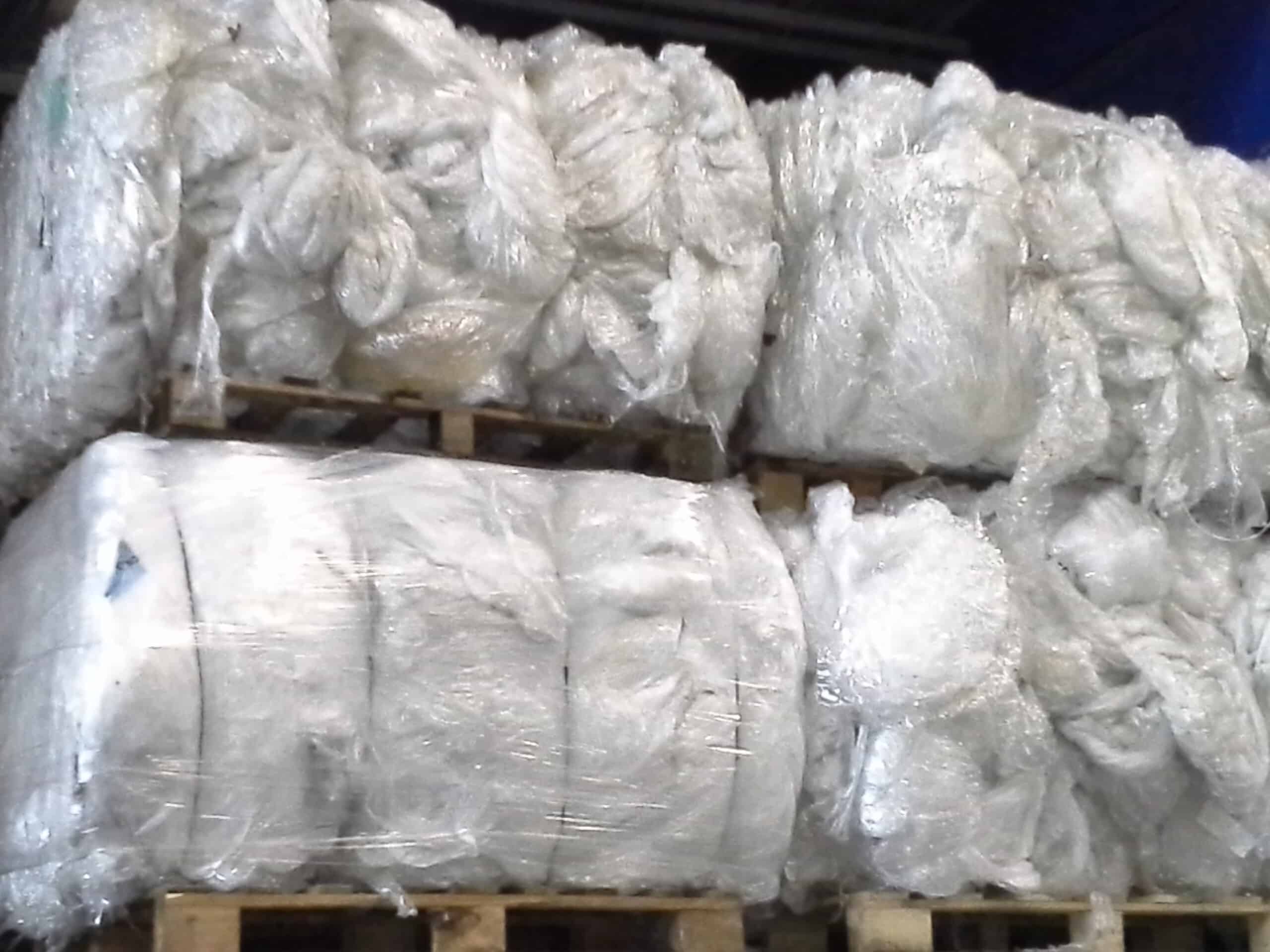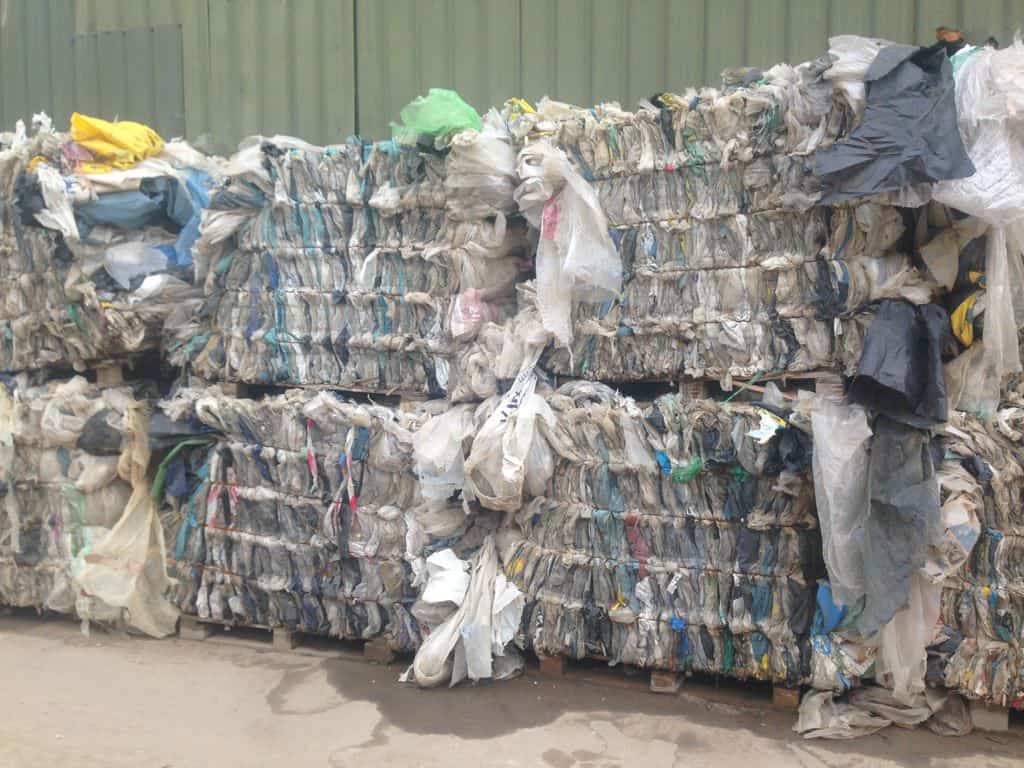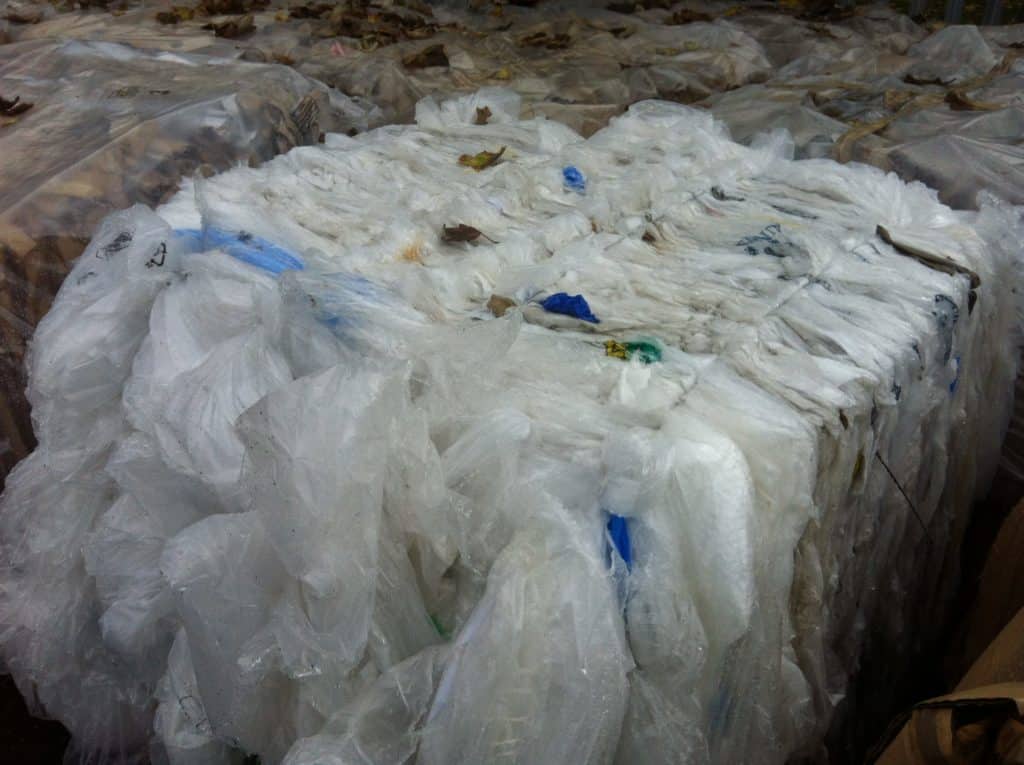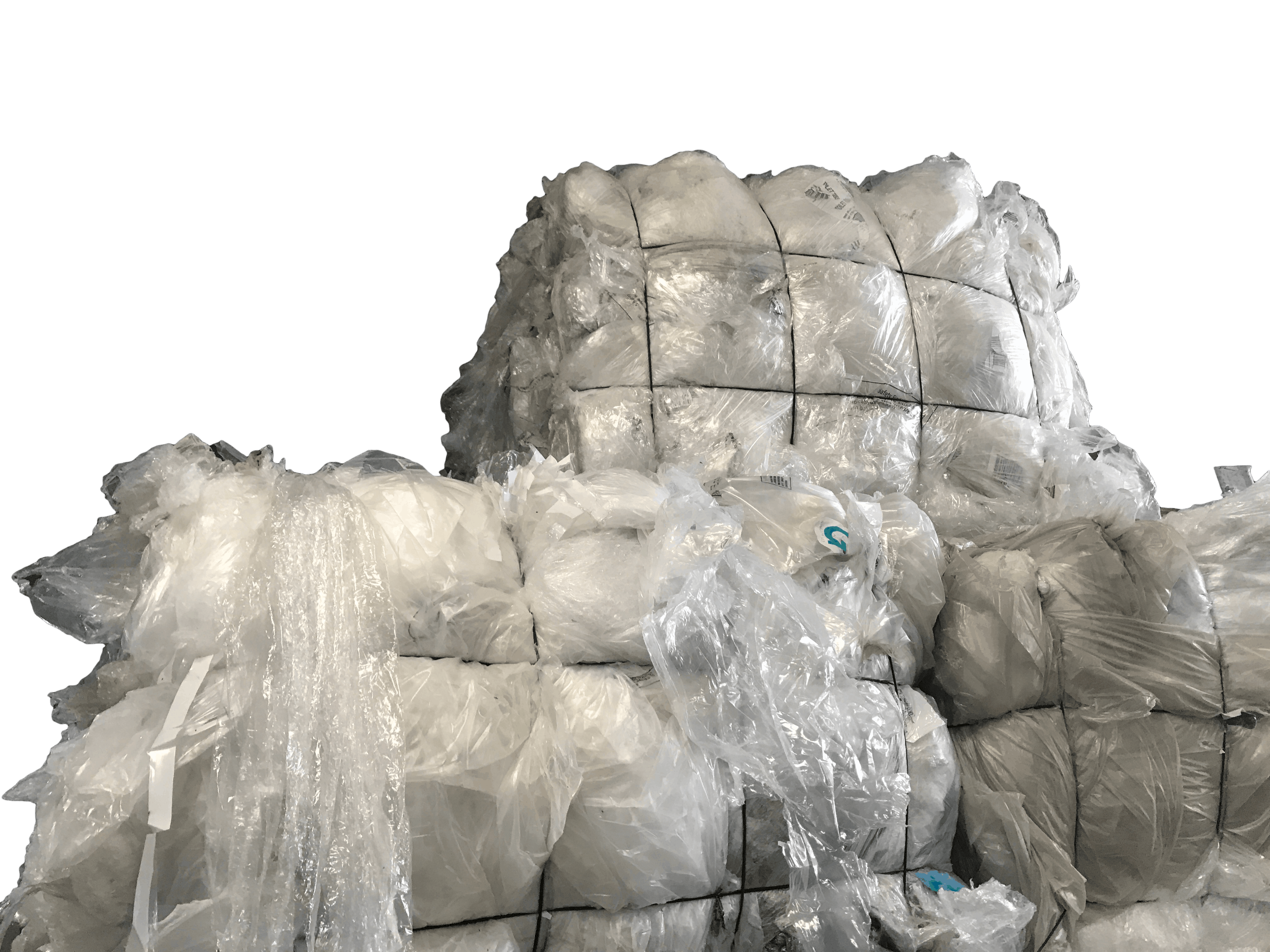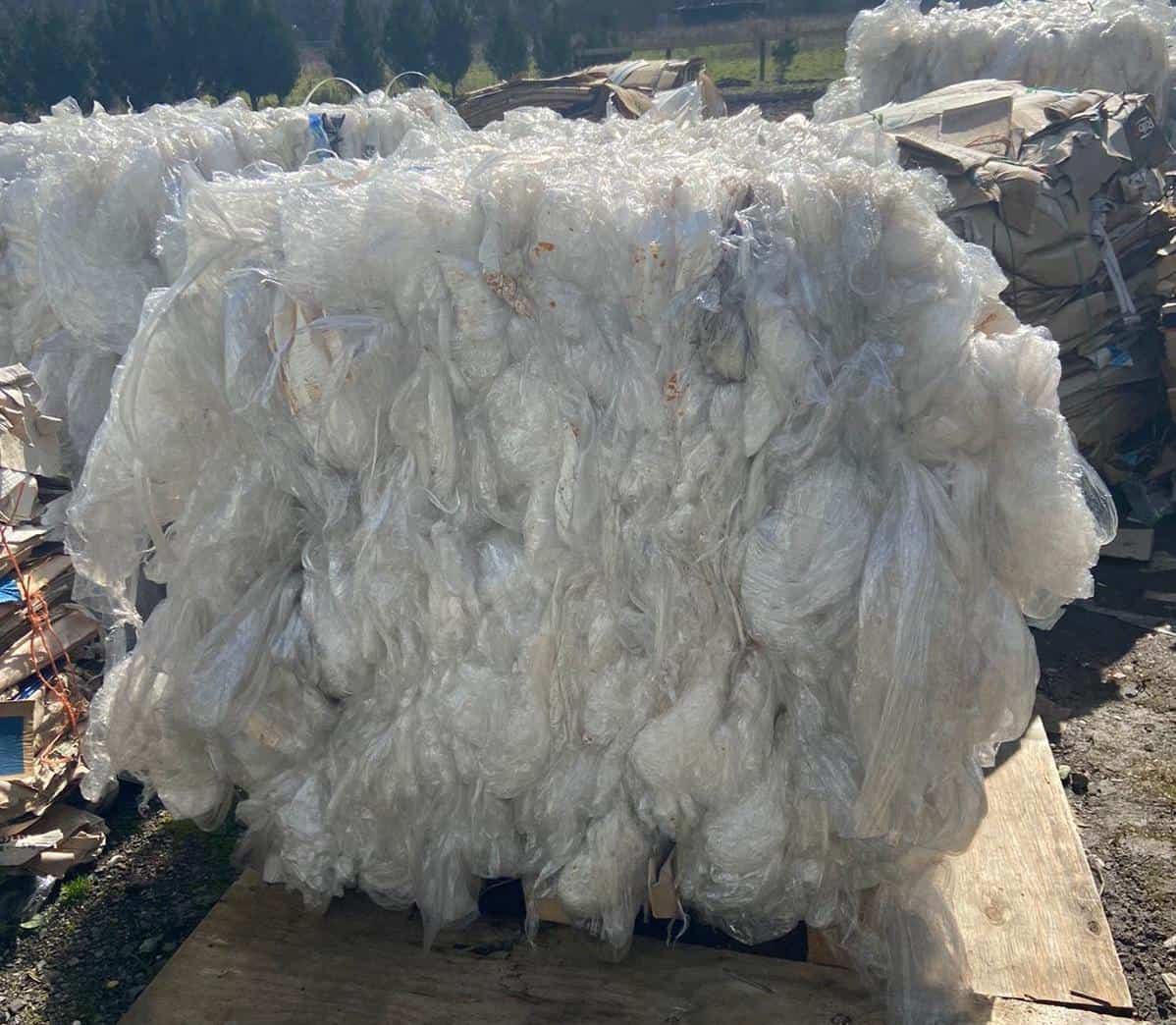Low Density or High Density
LDPE stands for low-density polyethylene, which is a thermoplastic that is created from the monomer ethylene. This type of plastic is often utilised in film applications because it is relatively transparent, as well as flexible and tough. It is also used to produce some flexible bottles and lids, as well as being used in cable and wire applications. Below, we are going to explain everything you need to know about polyethylene recycling and the LDPE recycling process.
Polyethylene is usually manufactured in one of two ways; Low Density or High Density. Other than the scientific differences, the most noticeable difference is their strength and weight. We will look specifically at Low-Density Polyethylene Film, something that can be commonly found in homes in the form of cling film.
Cling film was not always made from LDPE, in fact, research shows that previous plastics used for covering food contained leaking chemicals and deemed unsafe to use. LDPE film is also used for agricultural purposes, such as keeping strawberries, mushrooms, and tomatoes fresh. LDPE is thinner than HDPE, but sometimes they are used for similar purposes, like in warehouses, as bubble wrap or for wrapping pallets. Because of how robust the film is, and how transparent, it has become an ideal option for many purposes in industrial applications.
